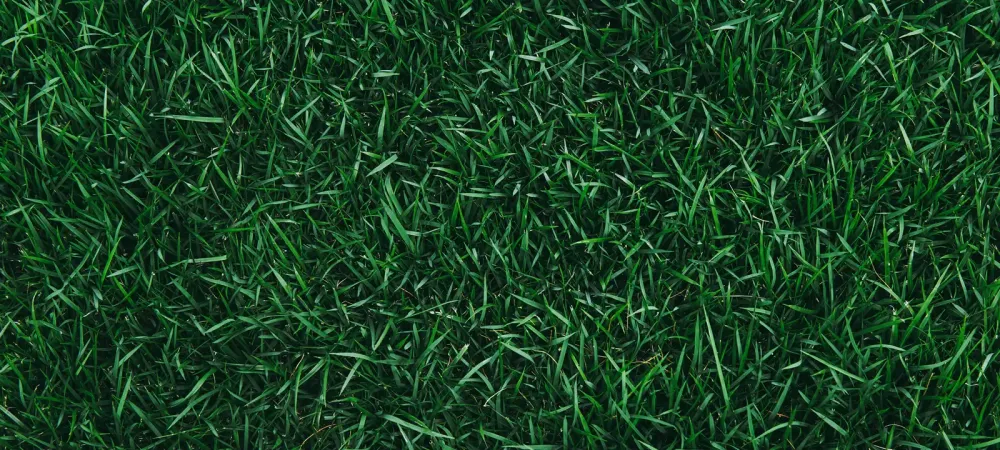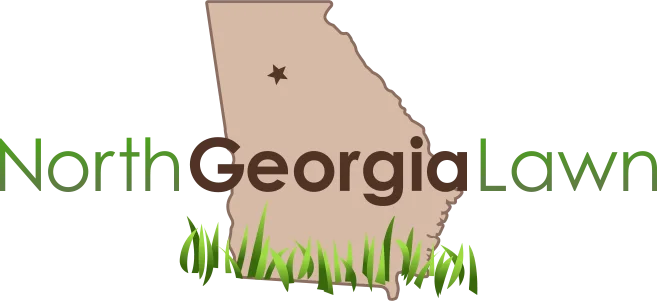Watering Your Georgia Lawn: Signs of Underwatering and Overwatering

Keeping your lawn healthy in Georgia’s heat comes down to one simple factor: the right amount of water. Too little, and your grass will turn brown and thin; too much, and you risk disease and shallow roots. In this guide, we’ll show you the key signs that your lawn needs more or less water so you can keep it green, strong, and thriving all season long.
How Often Should You Water Your Georgia Lawn?
In Georgia, the frequency of watering your lawn depends on the season, grass type, and weather conditions. As a general rule, most lawns need about 1 inch of water per week, either from rainfall or irrigation. During the hot summer months, this may mean watering 2–3 times per week, while cooler months often require less.
It’s better to water deeply and less often than to water lightly every day. Deep watering encourages roots to grow downward, making your lawn more drought-resistant and healthier overall. Keep an eye on your grass: if it starts to wilt, turn a bluish-gray, or footprints stay visible after walking across it, it’s time to water.
How Long Should You Water Your Lawn in Georgia?
The length of time you water your Georgia lawn depends on your sprinkler system and soil type, but most lawns need about 1 inch of water per session. This usually takes 20–30 minutes for a typical sprinkler system, though sandy soils may require shorter sessions, and clay-heavy soils may need longer.
The key is to water slowly and deeply so moisture reaches the roots rather than just the surface. You can check by placing a few empty cans around your lawn—stop watering when each has collected about 1 inch of water. This method helps prevent overwatering, runoff, and shallow root growth, keeping your lawn strong and drought-resistant.
What Are the Signs of Overwatering Your Lawn?
Too much water can be just as damaging as too little. Watch for these signs that your Georgia lawn may be getting too much:
- Grass looks consistently dark green but feels soft or spongy underfoot.
- Mushrooms or fungal growth appear on the lawn.
- Soil is constantly wet or soggy.
- Grass starts to yellow or thin out, especially in low spots.
- Puddles or standing water form after watering or rain.
Recognizing these warning signs helps prevent root rot, disease, and other lawn problems, keeping your yard healthy and vibrant.
What Are the Signs Your Lawn Needs More Water?
Your lawn will let you know when it’s thirsty. Watch for these signs that your Georgia lawn may need more water:
- Grass blades curl, wilt, or look dull.
- Lawn takes on a bluish-gray or brownish color.
- Footprints remain visible after walking across the grass.
- Soil feels dry several inches below the surface.
- Grass appears thin, patchy, or stressed, especially in sunny areas.
Paying attention to these signals helps you water at the right time and keep your lawn green, healthy, and resilient through Georgia’s hot months.
How Different Grass Types Affect Watering Needs in Georgia
Not all grass is created equal—watering needs vary depending on the type of grass in your Georgia lawn. Here’s a quick guide:
- Bermuda Grass: Thrives in full sun and heat. Needs about 1 inch of water per week, but deep watering 1–2 times weekly is best to encourage strong roots.
- Zoysia Grass: Drought-tolerant and slow-growing. Water deeply once a week during dry periods; overwatering can cause shallow roots and disease.
- Fescue: Cool-season grass that prefers moderate moisture. Water 1–2 times per week, keeping soil consistently damp but not soggy.
Centipede Grass: Low-maintenance and slow-growing. Requires less frequent watering, about 1 inch every 1–2 weeks, depending on rainfall.
Understanding your grass type helps you tailor your watering schedule, prevent overwatering, and keep your lawn lush and healthy even in Georgia’s hot, humid climate.
How North Georgia Lawn Can Help
Keeping your Georgia lawn properly watered and healthy doesn’t have to be a challenge. At North Georgia Lawn, we offer comprehensive lawn care services tailored to your yard’s specific needs. From installing and maintaining efficient irrigation systems to providing full lawn maintenance, our team ensures your grass gets the right amount of water, at the right time, for optimal growth.
Let us take the guesswork out of lawn care so you can enjoy a lush, green lawn all year round. Contact North Georgia Lawn today and see the difference expert care can make.
